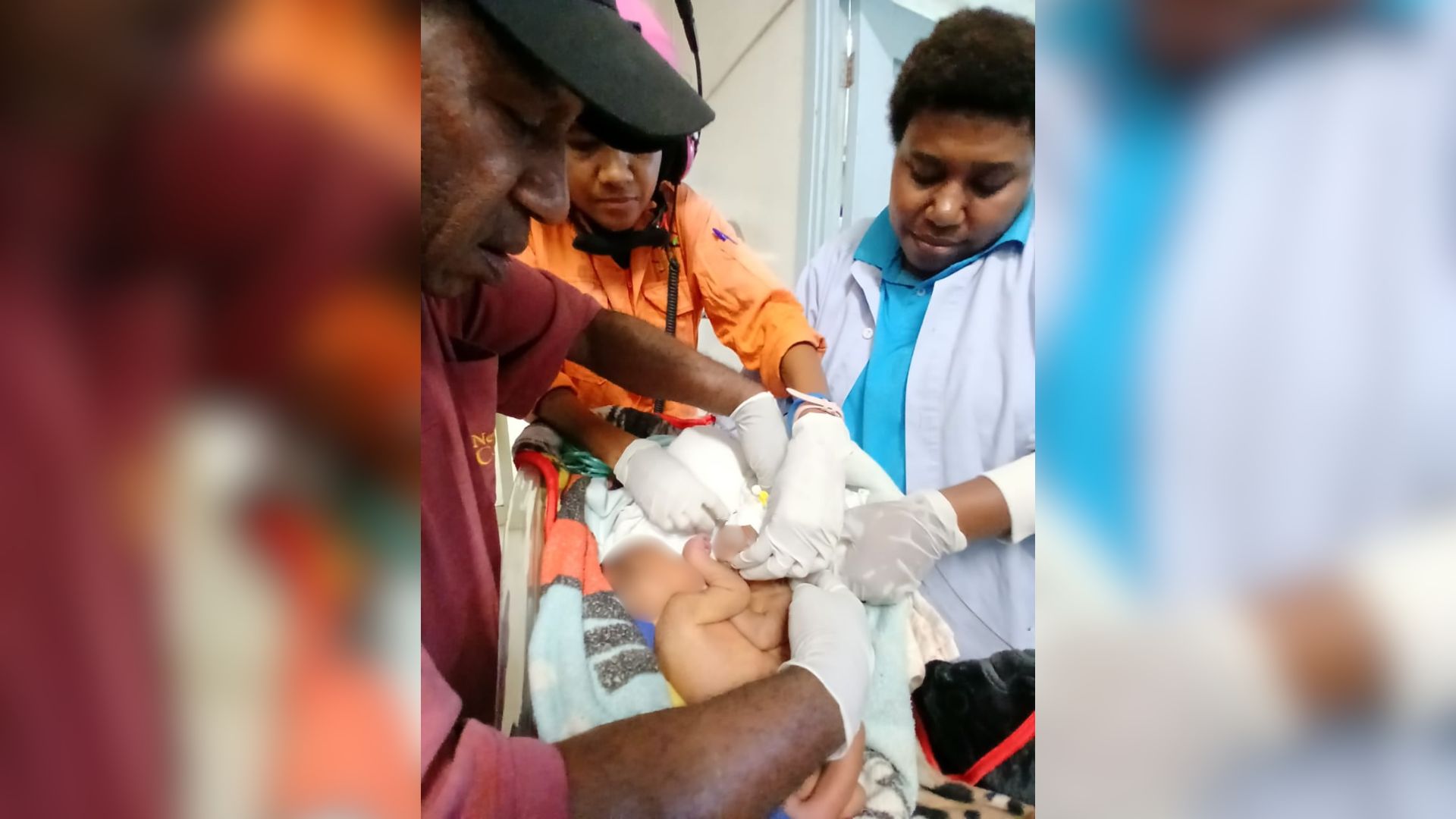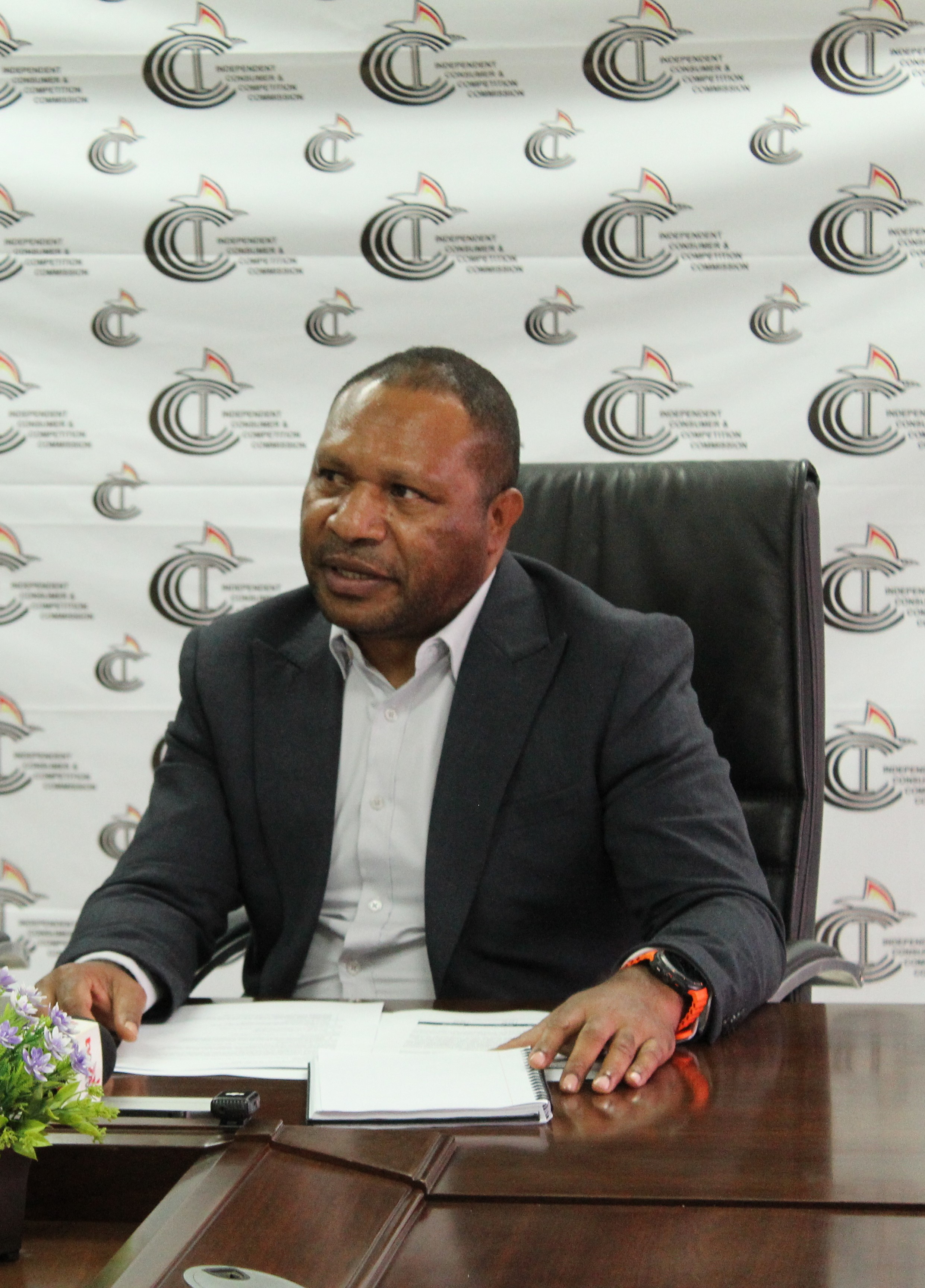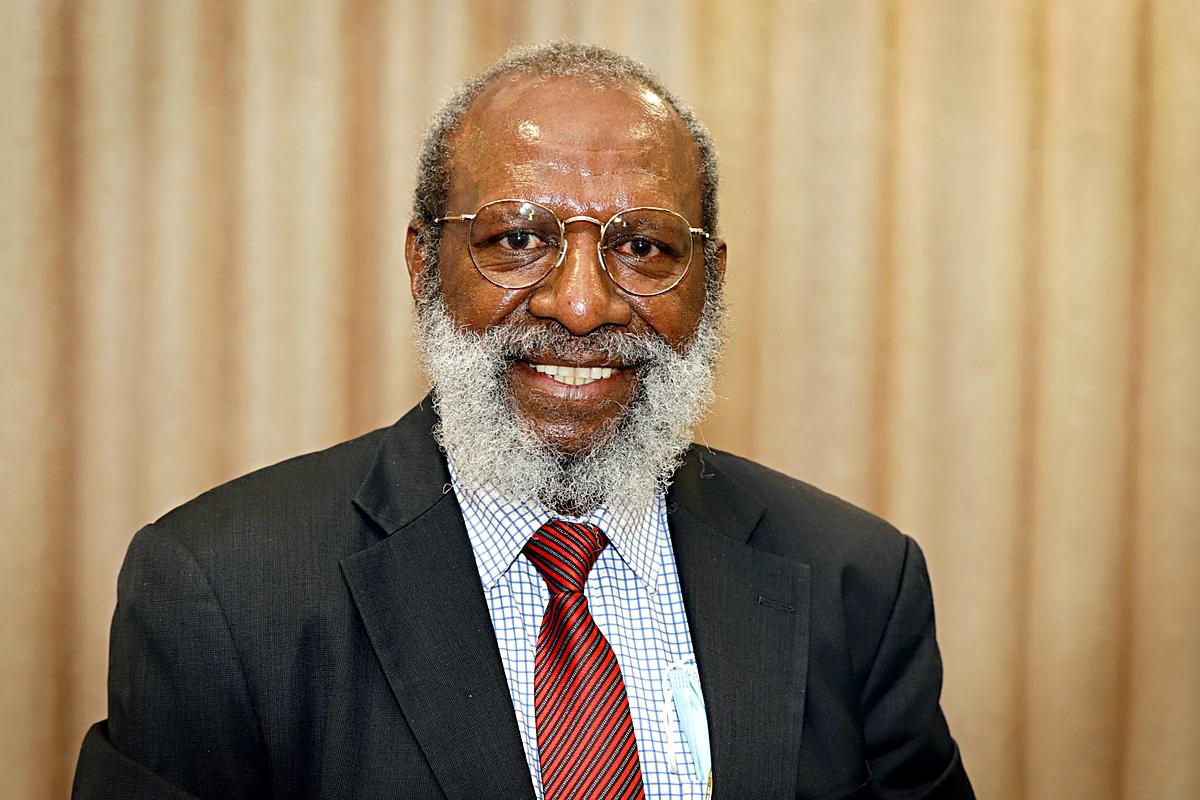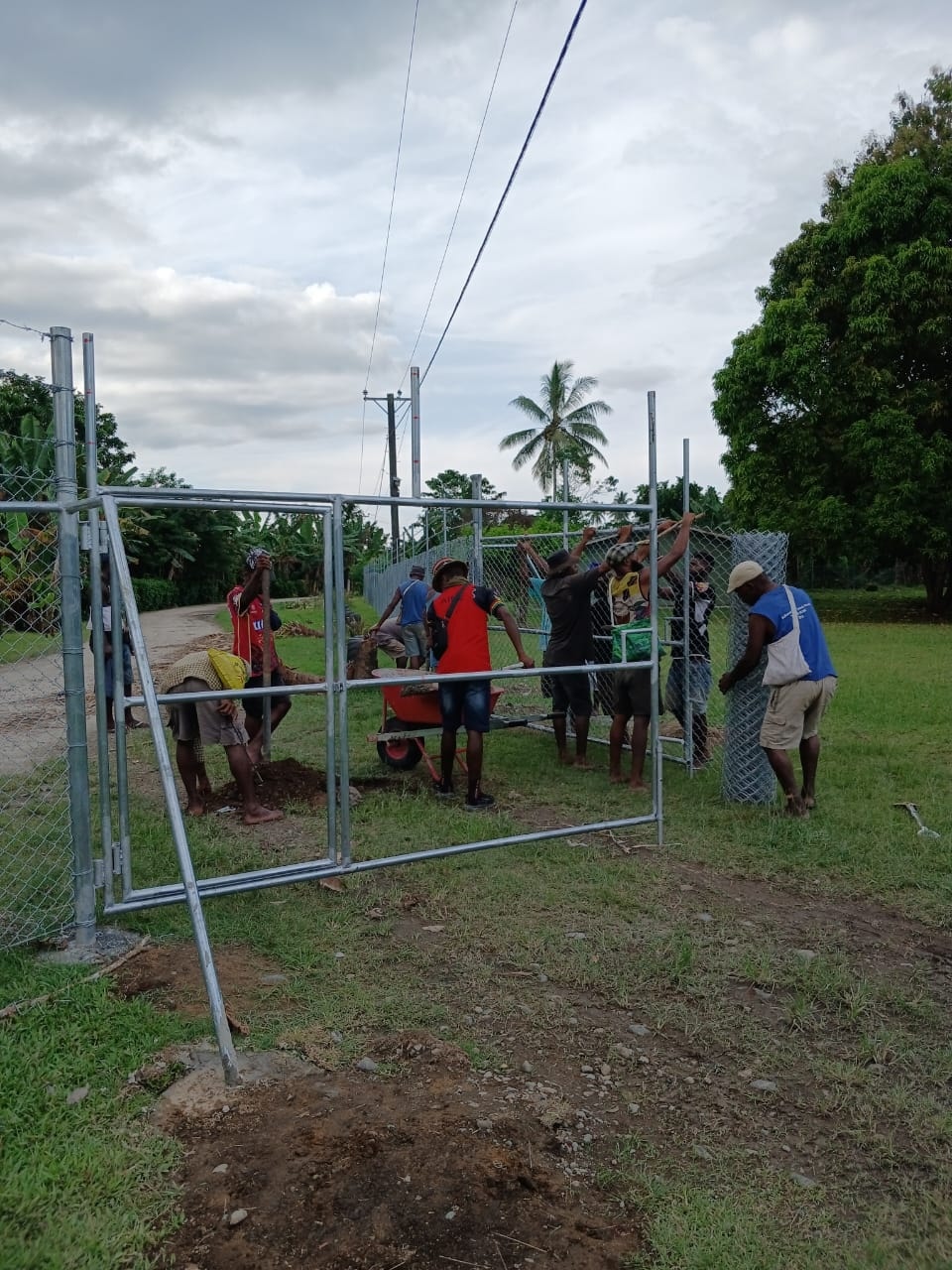NEWS
BREAKING THE SILENCE| TALKING MY MENTAL HEALTH JOURNEY
![]() By Scott WAIDE |
June 18, 2025
By Scott WAIDE |
June 18, 2025

Related News
LATEST NEWS




